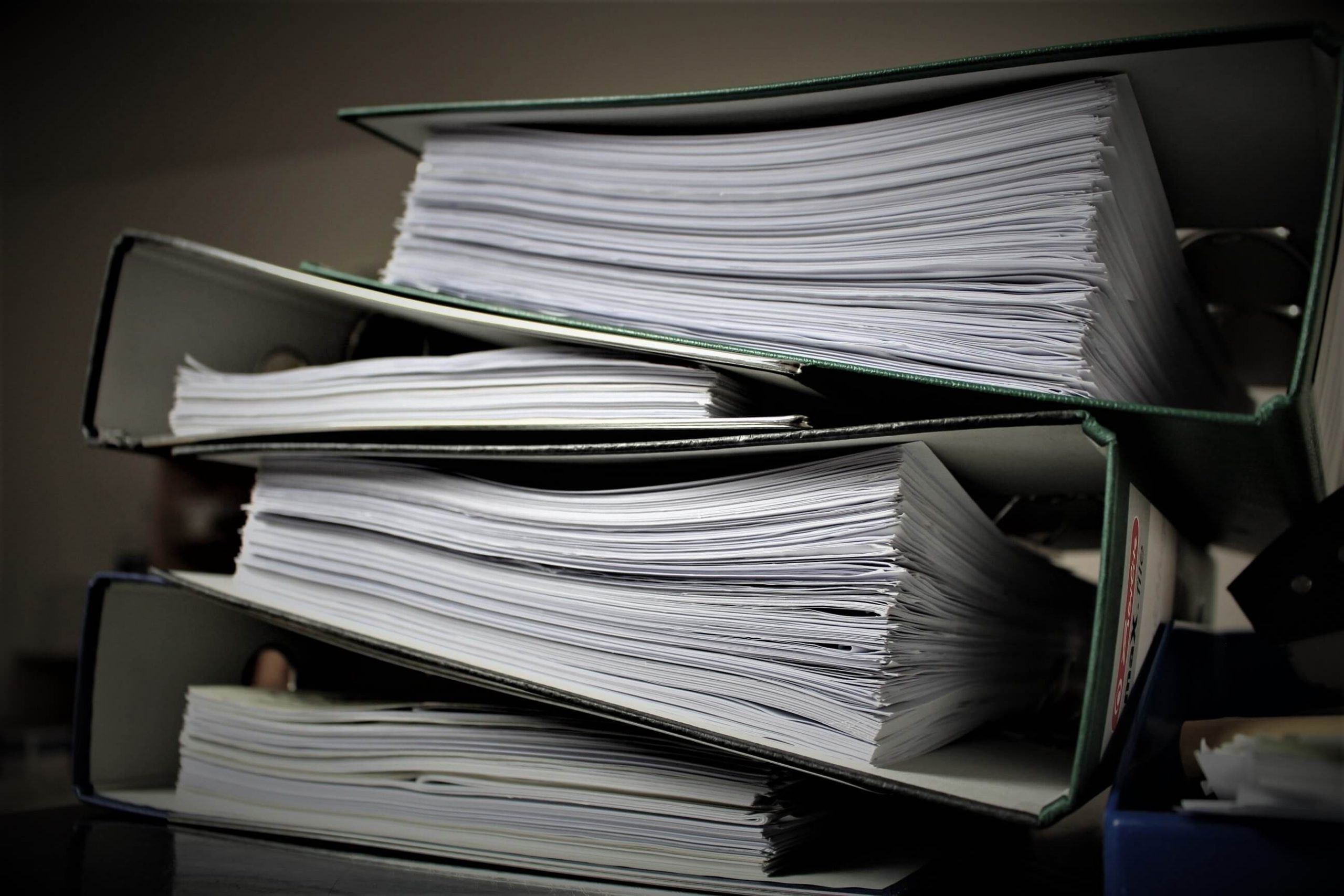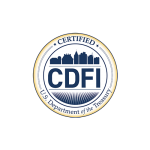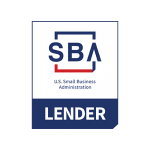Take Control of Your Finances
Managing your finances can be quite difficult and stressful, however, you can greatly minimize that stress by getting your financial records in order. Setting up a record-keeping system in your home will simplify your life and help you take control of your finances.
Organizing your records will also help you save time and money. In the process of getting organized you will uncover areas that you can reduce expenses such as; canceling an unused subscription, refinancing a loan, or getting a better deal on insurance).
Getting organized financially is also an important thing to get done for your loved ones. In the event of some unforeseen emergency, your financial documents are all organized and easier for your loved ones to access.
Taking the First Steps
Sorting through countless pieces of mail to find just one financial document is extremely frustrating. This can trigger unnecessary stress and anxiety. If you are tired of wasting your time rummaging through your paperwork every time you need a piece of information, now is the time to get organized.
Here are a few steps to get you started, including some better ways to keep your financial data both digitally and physically secure.
Review the Documents You Have

Before you can get started organizing, you’ll need to know exactly what financial documents you have. Determine what documents may need immediate attention and what documents can be filed away. Looking through your current files will help you discover things you may have missed that could save you money.
First, be sure to have a dedicated space for your finances. This can be a desk, a cabinet, or a portable tote. The important thing is to gather all financial records into one space that can be quickly accessed.
Gather up all your financial records and bring them together in one space. Then sort through all your paperwork and divide all documents into different categories. This will help with creating a workable filing system. Here are some important categories that your filing system should include.
- Auto – Car title and documentation.
- Bank accounts – Monthly statements and notices.
- Bills due – File bills you have paid with the date the payment was sent.
- Contracts – Employment agreements, business registrations, rental agreements.
- Credit cards – Statements, your credit report, misc benefits, and warranties through credit cards.
- Education – Diplomas, transcripts, certificates, enrollment records.
- Financial team – List of names, addresses, phone numbers, and important people that help you with your financial matters.
- Healthcare – Medical records, copies of insurance cards, receipts, any other insurance information.
- Insurance – Any insurance policy you have such as home, auto, or life.
- Investments & retirement plans – IRA accounts, brokerage accounts, other investments, or stock holdings.
- Loans – Personal, student, or auto loans.
- Items to read – Important financial documents you should read at a later time.
- Tax-related – W-2, 1099s, deductions, and keep at least three previous years of tax documents organized by year.
- Utilities – Cable, water, phone, gas, and other bills.
- Wills, trusts, and estate planning – List of beneficiaries and all current estate planning documentation.
Create a separate file for each category. Then organize each category in chronological order.
Write Down All of Your Accounts
Once you have reviewed your financial documents, make a list of all of your accounts. You will want to include all of the basic information for each account on this document. This should include passwords and usernames. For debt-related accounts, you will also want to include APRs, lenders, and other important information you may need.
Additionally, this is a great time to review your beneficiaries on your accounts, update contact information, or spot any errors that may have gone unnoticed.
Set Up a Secure Filing System

After you have divided your files into categories and recorded all of your accounts, now you can lock them down. The goal is to have all this newly organized financial information accessible to you, your loved ones (if needed), but no one else.
There are two main categories of documents: paper documents and digital documents.
Paper Documents
Even in the digital era most important documents are still in physical form. Here’s a list of the most important paper documents that you will need to organize and keep secure:
- Birth Certificate
- Will
- Social Security Card
- Power of Attorney
- Passport
- House Title
- Car Title
- Contracts
You’ll need a secure place to store these critical documents. Consider a small fireproof lockbox or a safety deposit box at your bank. If you choose to keep vital documents at home make sure it’s in a space not susceptible to flooding (basement floor) and is easy to access.
Digital Documents
Just like your physical lockbox, you need a digital lockbox to keep your sensitive financial records. Consider getting a computer (ideally a small laptop) that is dedicated to your financial life. Store your financial computer in a locked cabinet or your other safe space. Install a good antivirus program on it and only use that machine for financial purposes. This way you minimize the chances of having your finances getting hacked.
In terms of staying organized, create a folder for each year, with subfolders for categories to keep it clean. Give files descriptive names so if you need to search you can find them.
Buying a multifunction printer scanner with an automatic document feeder could be your best investment. These devices can be purchased for as little as $150 and they help to stay organized. Every month you will get new pieces of paper, letters, receipts, statements, etc. They can all be scanned in, and once backed up, the paper versions can be shredded.
As a note of caution, you can scan in important documents but never shred vital hard copy documents like your birth certificate!
Get your financial statements in digital format. Download them regularly and save them on your financial computer. This can help to prevent identity theft.
Review Your Records Regularly

Now that you have organized your finances, it’s important to review your documents regularly. A good way to remember this is to set an alert on your phone or calendar to remind you to do this once a month.
It is easy to receive bills or statements and simply file them away without actually reviewing them. Taking time to review your documents will help you monitor your progress toward your goals and help you spot future errors that may cost you money.
Many people choose to manage their finances in a reactionary way (when something goes wrong). This is a big financial mistake that can cost you and your family financial security. Actively managing your finances will help you rest easy knowing that you’re not leaving your financial future up to chance.





